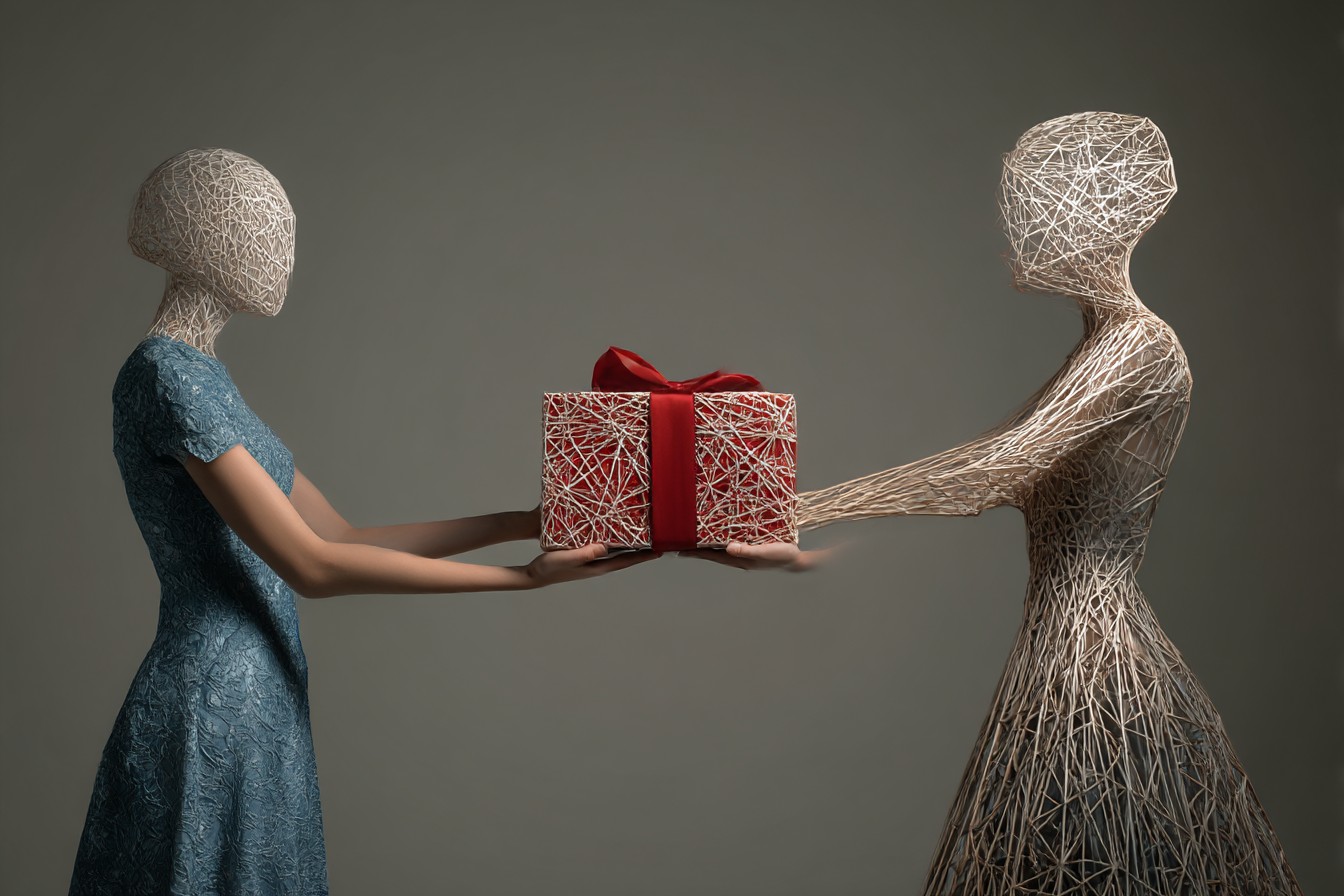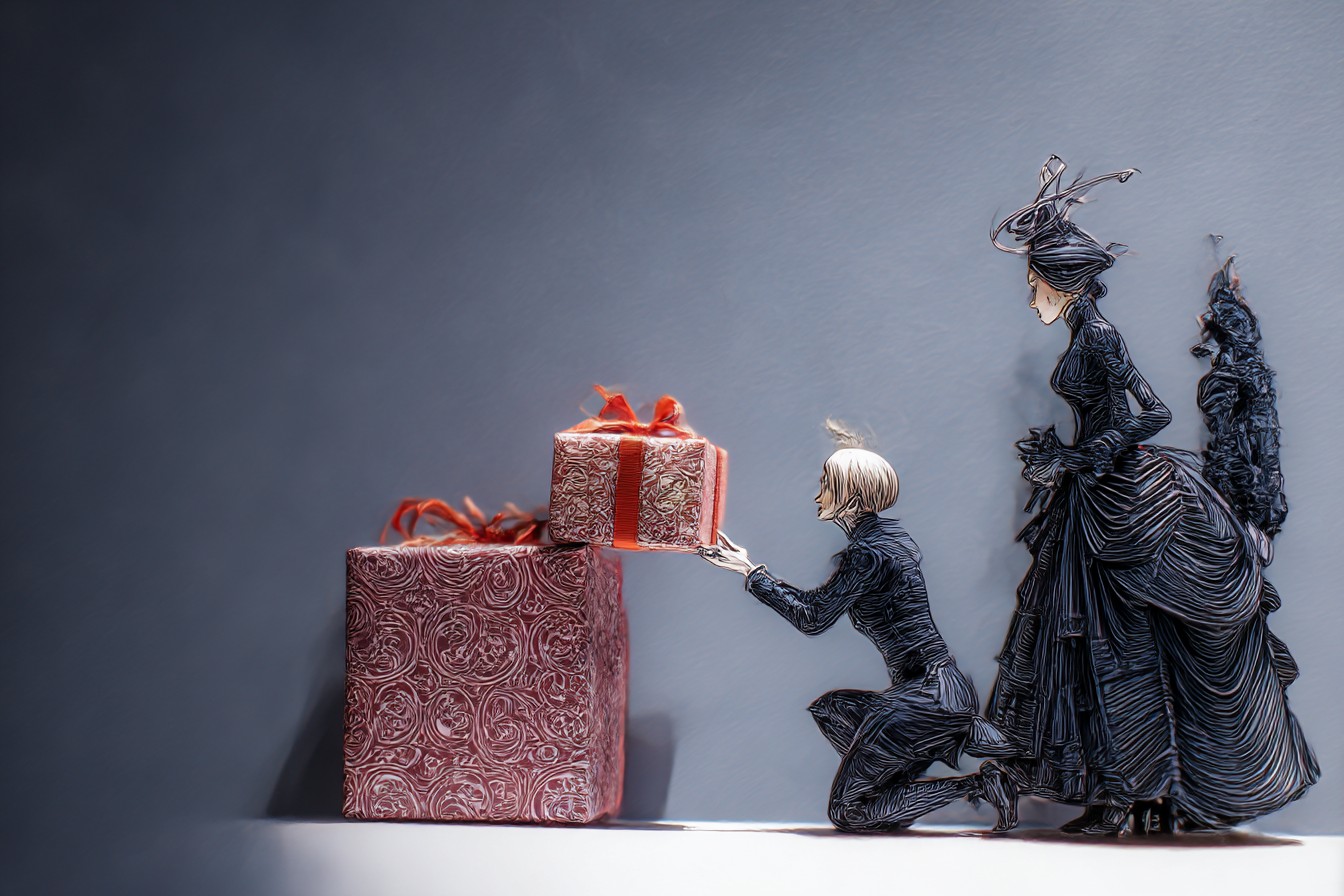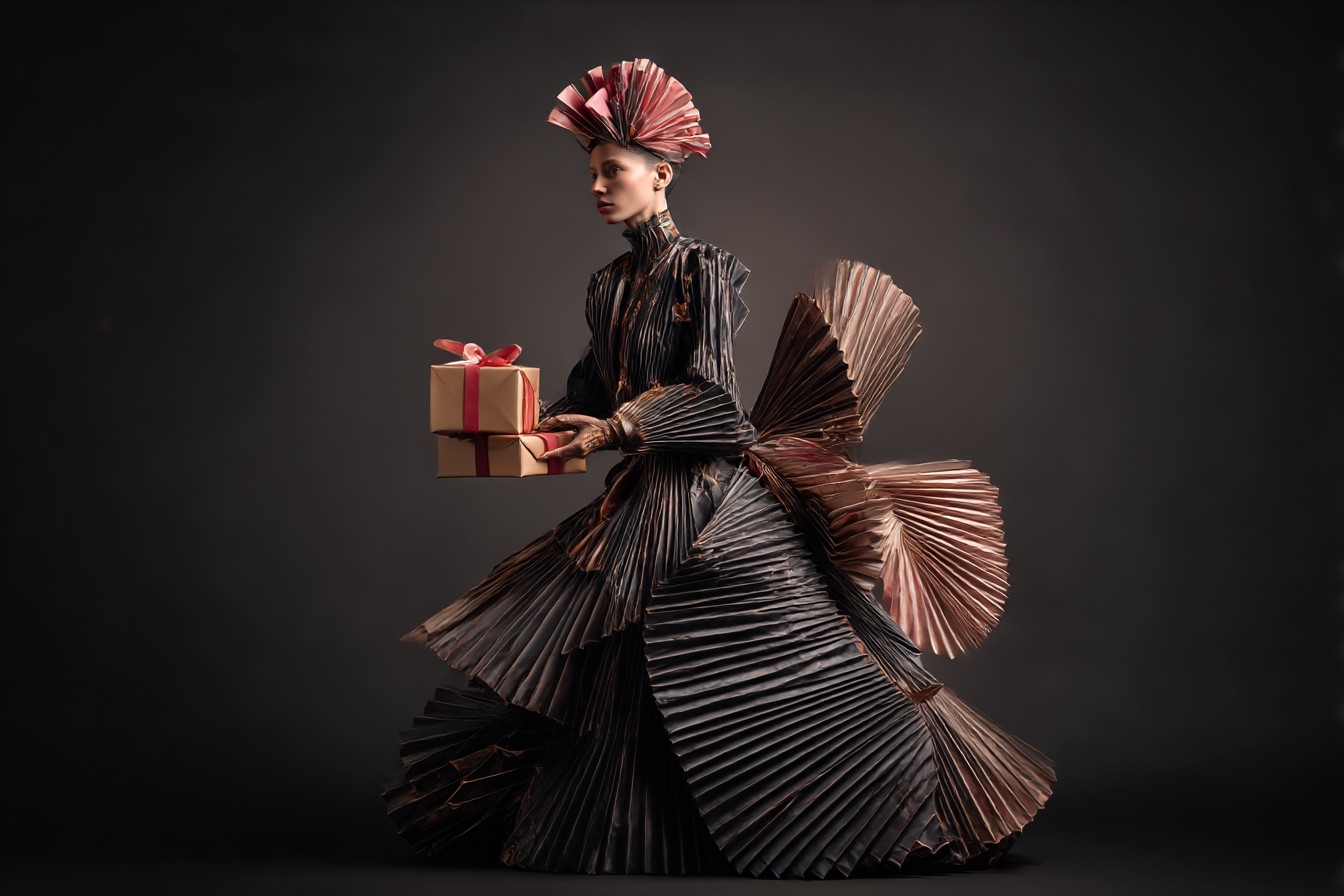I never thought I’d be the person struggling to buy presents. Gift-giving has been my thing since, well, forever. You know how some people are naturally good at sports or can play piano by ear? I’ve always had this weird knack for finding the perfect gift. My friends literally have me on speed dial for gift emergencies. “Olivia, help! Mother-in-law’s birthday tomorrow and I’ve got nothing!” That kind of thing.
But then life happened. Actually, a bunch of things happened all at once—Jake lost his job at the architectural firm during company-wide layoffs, I had to take a pay cut at the magazine to avoid redundancies (British term I picked up from my editor, sorry), and then our landlord decided to sell our apartment building, forcing us to move somewhere with significantly higher rent. Just like that, our comfortable little life turned into a financial high-wire act.
The first birthday that came up after our financial nosedive was my dad’s. Normally, I’d have already been planning something thoughtful but slightly over-the-top—like the year I tracked down a signed first edition of his favorite mystery novel from the 70s, or the custom-made tackle box with compartments specifically sized for his weird collection of vintage fishing lures. (He doesn’t even fish anymore! He just loves those darn lures.)
This time, I stared at our bank account balance with a knot in my stomach. The gift budget column in my spreadsheet—yes, I have a gift spreadsheet, try not to judge—had been reduced to an amount that wouldn’t even cover a decent bottle of whiskey, let alone something meaningful.
I actually cried about it, which seems ridiculous now. Jake found me sitting on our bedroom floor surrounded by gift ideas I’d jotted down over the previous months, all suddenly impossible. “It’s just a gift,” he said, trying to be helpful. Poor guy didn’t realize he’d just uttered blasphemy in the Church of Olivia’s Gift-Giving.
“It’s not just a gift,” I snapped back. “It’s… it’s how I show people I love them. It’s my thing.” How could I explain that my presents weren’t just objects—they were physical proof that I paid attention, that I remembered things people mentioned in passing six months ago, that I cared enough to hunt down the perfect item that would make them feel truly seen?
The truth is, I’d built a significant part of my identity around being Great At Giving Gifts. And suddenly, I couldn’t afford to be that person anymore.
After my little meltdown (and a glass of the cheap—but honestly not terrible—boxed wine we’d switched to), I realized I had two choices: I could continue to measure my gift-giving worth by the price tag, or I could get creative and remember why I loved giving gifts in the first place.
For Dad’s birthday, I ended up sorting through all the fishing photos I could find from my childhood—raiding my mom’s photo albums, asking my aunts to scan old Polaroids, the works. I created this ridiculous little booklet called “The One That Got Away: Dad’s Greatest (Alleged) Fishing Triumphs.” Each photo had a caption poking fun at his notorious tendency to exaggerate the size of his catches. “Pictured: Dad with a ‘ten-pound’ bass (actual weight: maybe three pounds on a good day).” It cost me nothing but time and printer ink.
When he opened it, he laughed so hard he had to take his glasses off to wipe his eyes. He spent the entire family dinner reading excerpts aloud, arguing with my factual corrections (“This was TOO an eight-pounder!”), and reminiscing about fishing trips I’d completely forgotten. Mom texted me later that night: “He’s reading it again and giggling to himself. Best gift in years.”
That was my first clue that maybe—just maybe—I could still be the Gift Whisperer without spending much money at all.
The real test came during the holiday season. Usually, I’d be that person who starts shopping in September, wrapping in October, and stressing about perfect presentation by November. My Christmas-giving style could best be described as “borderline excessive.” The previous year, I’d given Jake twelve separate gifts—one for each day leading up to Christmas—each with an elaborate clue about the next day’s present. (In my defense, most weren’t expensive… just numerous.)
This time around, I sat everyone down—family, close friends—and I did something I’d never done before. I got honest.
“Look, we’re going through a tight spot financially,” I told them. “I can’t do the kinds of gifts I usually do this year. But I still want to give you something meaningful.”
Then I offered alternatives: homemade gifts, experience gifts that cost nothing but time, or practical help instead of objects. Most people immediately chose experiences—which honestly surprised me.
My brother asked if I’d help him organize his home office, which had become a disaster zone since his second kid was born. My college roommate Dana requested I teach her how to make my grandmother’s pasta sauce, a recipe she’d been raving about for fifteen years. Jake’s parents—who are notoriously difficult to shop for because they literally buy themselves whatever they want—asked if I’d help them digitize and organize their old family photos.
Instead of shopping, I found myself creating “gift certificates” for these promised experiences. I hand-drew them, using up the last of my nice cardstock and making each one specific to the recipient. For my brother’s, I sketched a comically exaggerated version of his cluttered office with little cartoon file folders growing legs and running away. For Dana, I drew a bubbling pot of sauce with steam coming off it in the shape of hearts.
Christmas morning felt… different. There was no mountain of beautifully wrapped packages under the tree. No gasps as people opened elaborate gifts I’d spent months hunting down. Instead, I handed out my handmade vouchers, feeling oddly vulnerable.
What if they were disappointed? What if this confirmed some private fear that I was failing at adult life? What if everyone was just being nice about accepting these not-real gifts?
But here’s the weird thing—people loved them. Like, genuinely excited loved them. My sister-in-law practically tackled me with a hug when she saw the certificate for four evenings of babysitting so she and my brother could have actual date nights. “This is better than any thing you could have bought,” she whispered.
The most surprising reaction came from my mom. I’d made her a promise to spend one Sunday a month cooking meals for her freezer—something she always talked about doing but never made time for. When she opened it, she got this look on her face… not disappointment, but something I couldn’t quite read.
“What?” I asked, suddenly nervous.
“You’ve never given me your time before,” she said simply. “Usually you give me beautiful things, but they’re… things. This is you.”
Ouch. Talk about an accidental gut punch.
As the year went on and I fulfilled these promised gifts, something unexpected happened. The experiences ended up being more meaningful than any physical gift I’d given in the past. Cooking with my mom once a month became less about stocking her freezer and more about conversations we never seemed to have otherwise. She told me stories about her childhood I’d never heard before—like how her mother taught her to test pasta by throwing it against the wall, a technique I’d been doing my whole life without realizing it was a family tradition.
Helping Jake’s parents with their photos turned into an impromptu family history lesson. I learned how his father had worn his hair in what can only be described as a regrettable attempt at a 1970s afro when he first met Jake’s mom. (“It was the style then!” he protested when Jake and I couldn’t stop laughing.)
Even the practical gifts ended up having unexpected benefits. My brother’s office organization project led to finding a half-finished manuscript he’d abandoned years ago, which he’s now determined to complete.
The strangest gift transition was with Jake. We’d decided to limit ourselves to one small gift each, under $25. I found a used copy of a photography book he’d mentioned wanting to study, featuring the work of his favorite architect photographer. He got me a ridiculous little desk toy—a tiny catapult for launching balled-up paper into the trash can when I’m stuck on writing projects.
But we also gave each other one experience gift. Mine to him was a “city architecture walk” where I researched unusual buildings in our neighborhood and created a self-guided tour, complete with history tidbits and stopping for coffee at a shop he’d been wanting to try.
His to me was… well, a bit strange at first. He called it a “midnight picnic” and wouldn’t explain further. On a random Tuesday in February, he woke me up at 11:30 pm, bundled me into warm clothes, and drove us to a hilltop overlooking the city. He’d packed thermoses of hot chocolate, a blanket, and homemade cookies. We sat there talking until nearly 3 am—about dreams, fears, the universe, nonsense—like we were college students again instead of tired thirty-somethings with mortgage worries.
It was possibly the most romantic night we’d had in years, and it cost less than $10 for the hot chocolate and cookie ingredients.
Financial hardship forced me to completely reimagine what gift-giving means. I’d been so focused on finding the perfect physical object that I’d sometimes missed giving people what they actually wanted more—connection, attention, shared experiences.
Don’t get me wrong—I still love a beautifully wrapped package with something thoughtful inside. Now that we’re in a better financial place (Jake found a new job, thank goodness), I’ve gone back to giving physical gifts sometimes. But they’re different now. Smaller. More intentional. And always balanced with the gift of time and experience.
Last week, Dana texted me: “Remember when you were broke and taught me to make your grandma’s pasta sauce instead of buying me something? Can we do that again for my birthday this year? That was the best gift ever.”
I had to laugh. Years of carefully selected presents, and what she remembered most fondly was the night we drank too much wine, splattered sauce everywhere, and ended up talking until 2 am about our college disasters and triumphs.
Life’s funny that way. Sometimes when you think you’ve lost your superpower, you’re actually just discovering a new one you never knew you had.





